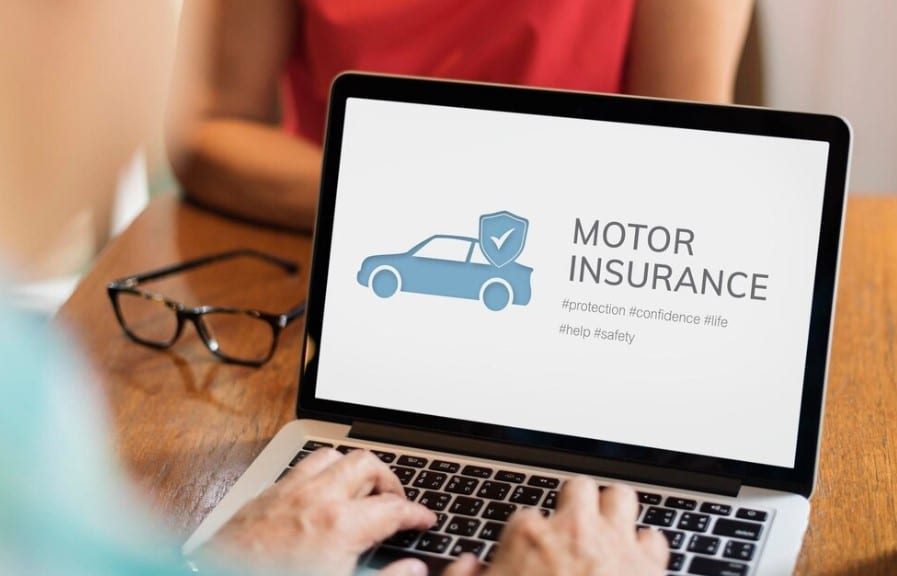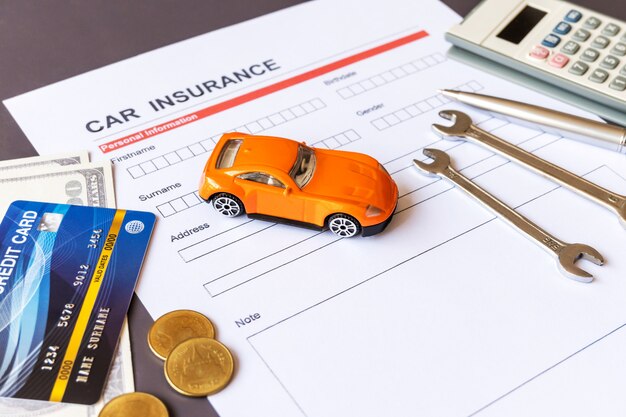Questions to ask your insurance agent
Katie Dee
on
2024-10-21
Questions to ask your insurance agent
When you’re shopping for car insurance, working with an agent provides you with a wealth of information that can help make the process feel a little less overwhelming. But it’s important to know the right questions to ask your agent so they can help you understand your policy and ensure you’re getting the best policy for your needs.
We are here to help you nail down how to start the conversation with your car insurance agent.
What are my coverage options and what is the best one for me?
Getting an overview of your coverage options is the best place to start the conversation with your car insurance agent. There is so much that goes into nailing down the right policy, and having your car insurance agent talk you through all your options and answer any additional questions that come up is a good way to dive into the insurance shopping process.
After reviewing all the options you can choose from, you can start narrowing things down until you find the best coverage option for you. Your agent will be able to provide valuable guidance here and assist you in making an informed decision that will keep you protected on the road.
Find cheap car insurance near you
Oops! We could not locate your form.
How is my premium determined?
Learning how exactly car insurance companies set rates will help you ensure that you are not overpaying for your insurance. There are several aspects that providers consider when they are setting rates, including the car you drive, the state you live in, your driving record, and more. Speaking with an agent about all these different factors can help to give you an idea of what your specific premium will look like, so you can be sure you’re getting the best deal possible.
Even after you have selected a company and chosen a policy, having your agent there to answer questions and break down why you’re paying the amount that you are will help you feel confident in the choice that you made.

Am I eligible for any discounts?
This is a key topic to go over with your insurance agent. There are several discounts available for car insurance, and odds are you’re not aware of all of them (even the ones you qualify for).
Your car insurance agent can inform you of any applicable discounts that you may not have been aware of otherwise. Knowledge is power when it comes to saving money on car insurance, and with an agent in your back pocket, you’ll have access to all the discount knowledge you could ask for.
What is my deductible and how does it work?
In simple terms, a car insurance deductible is the amount of money you owe out of pocket when you file a claim before your insurance company kicks in to cover the rest. This number will be different for every driver and every policy, and your insurance agent can help talk you through nailing down the right deductible for you.
What are the exclusions and limitations of my policy?
When purchasing a car insurance policy, it is vitally important that you not only understand what is covered, but also what is not. Your insurance agent will be able to break down the intricacies of your specific policy and help you to understand any limitations it has.
Exclusions and limitations are an expected part of any car insurance policy, and understanding them can help you be better prepared for any possible financial burden you may take on when you need to file a claim.
What are my payment options?
Car insurance companies usually offer different options for payment, and your agent can help you understand what those options are. It is common to pay for insurance on a six-month cadence (meaning you pay for coverage twice a year). However, most companies offer you the option to choose other payment options like monthly or even yearly payments. Some companies even offer discounts if you pay for your policy in full annually.
How can I adjust my coverage in the future?
As your needs change, you can adjust your car insurance coverage accordingly. Whether you get a new car or need to add a new driver to your policy, knowing the ins and outs of how you can adjust your coverage is always a smart move.
Bringing this topic up with your car insurance agent is a great way to ensure that you are prepared to alter your coverage as needed. Having a base level understanding of this process from the jump will make the whole thing seem less daunting when the time to make changes actually comes around. Plus, when that time does come, your agent will be able to guide you through the entire process.
Frequently asked
What factors affect your car insurance rates?
Does your lifestyle affect your car insurance?
How does where you live influence the cost of auto insurance?
Share this article























